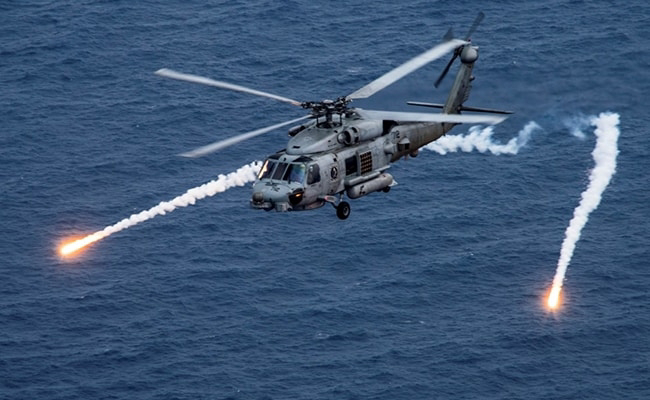Ukraine's staterun nuclear energy organization said Russian rockets flew at low elevation over Europe's biggest thermal energy station in southern Ukraine on Tuesday, and emphasized alerts that
Ukraine's state-run nuclear energy organization said Russian rockets flew at low height over Europe's biggest thermal energy station in southern Ukraine on Tuesday, and emphasized alerts that Russia's intrusion could prompt a "atomic disaster".
Energoatom gave its most recent admonition about the dangers brought about by the conflict with Russia on the 36th commemoration of the world's most awful atomic mishap at the now dead Chornobyl plant, in what was then Soviet Ukraine.
The organization said journey rockets had flown over the Zaporizhzhia thermal energy station during an air strike which neighborhood specialists said hit a business working in the city of Zaporizhzhia, killing somewhere around one individual.
"Rockets lying at a low elevation straight over the site of the ZNPP (Zaporizhzhia thermal energy station), where there are 7 atomic offices with a tremendous measure of atomic material, presents colossal dangers," Petro Kotin, Energoatom's acting boss, said.
"All things considered, rockets could hit at least one atomic office, and this compromises an atomic and radiation calamity all over the planet," he was cited as saying in an explanation gave by Energoatom on the Telegram informing application.
Energoatom said Russian soldiers, who have involved the plant since March 4, were keeping weighty hardware and ammo on the site.
"36 years after the Chornobyl misfortune, Russia uncovered the entire world to the risk of a rehash of the atomic disaster!" it said.
Russia didn't quickly remark on Energoatom's proclamation. It has recently offered wellbeing confirmations about Ukraine's atomic power offices since sending off what it says is a "extraordinary military activity" on Feb. 24.
Russian soldiers likewise involved the decommissioned Chornobyl thermal energy plant not long after attacking Ukraine however have since left the site.
Rafael Grossi, the top of the International Atomic Energy Agency (IAEA), was because of visit Chornobyl on Tuesday, the commemoration of the blast and fire there on April 26, 1986.




